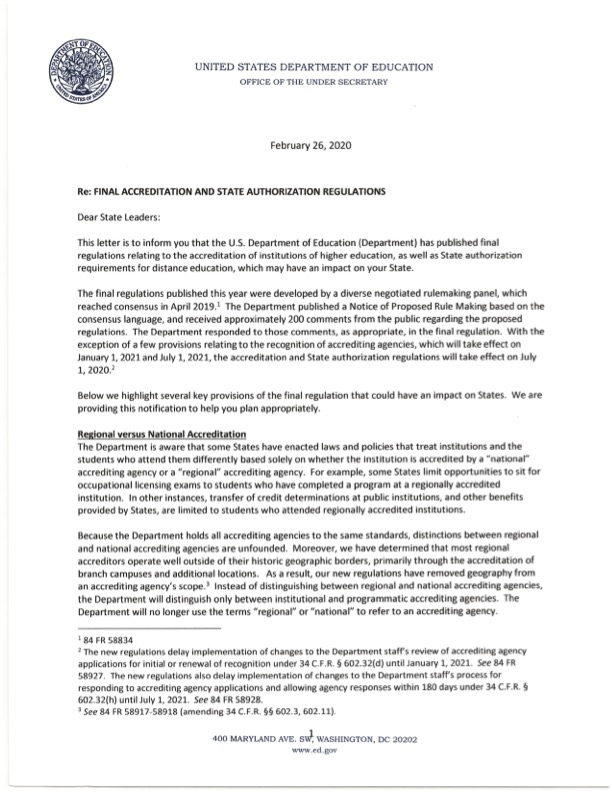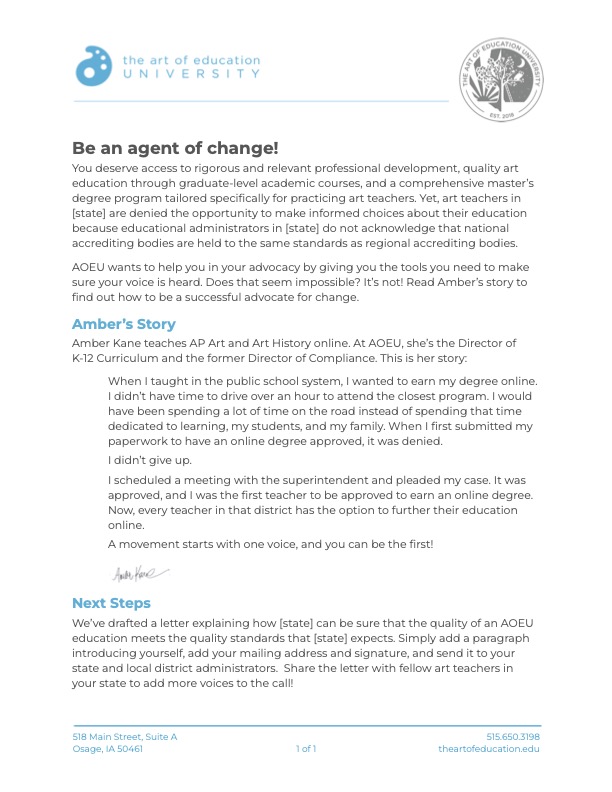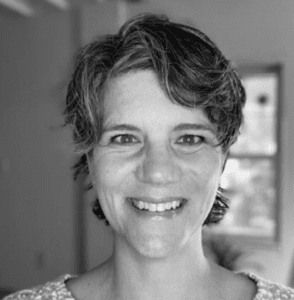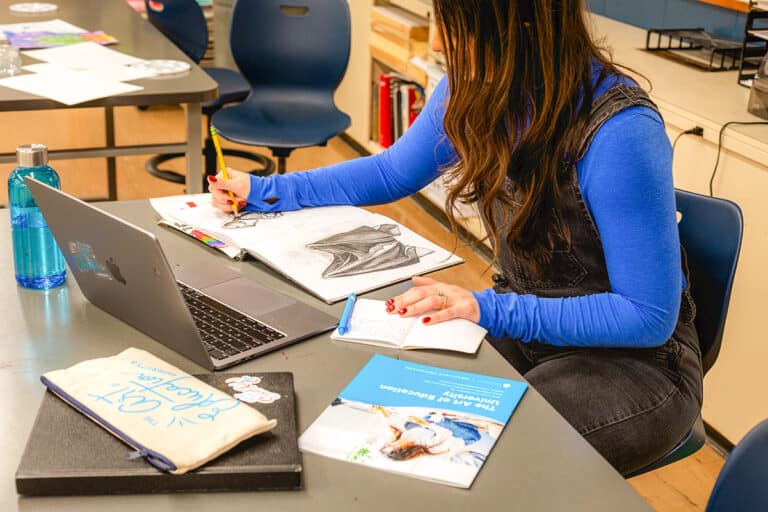Maybe Pablo Picasso didn’t really say, “Learn the rules like a pro so you can break them like an artist,” but that doesn’t change the fact that this is great advice!
On the road to professional development, teachers encounter all kinds of obstacles. The obvious ones, of course, are time and money. But have you ever considered how “the rules of the game” might present the biggest obstacle of all? Art teachers know what it takes to inspire students to find the confidence and perseverance necessary to overcome obstacles and embrace the journey. But sometimes, just knowing the rule is the most important step in finding a way through it.
Let’s explore the “rules” of professional development in your district and how to advocate for the professional development you deserve.

The Gatekeepers
Higher education varies widely across disciplines and types of institutions. It can also be expensive and extremely time-consuming. Deciding where to invest your precious time and hard-earned cash can be stressful. If you don’t choose wisely, you lose. To protect you from investing in low-quality programs, federal and state governments pass laws and set policies that rely on accrediting agencies. This reliance forms triple-layered protection against fraud and poor quality. This layered protection is imperfect. Sometimes, it takes a savvy teacher who understands the accreditation system to pull back the imperfect layers, expose weaknesses, and convince the right people to make changes that ultimately benefit the students the system is meant to serve.
Accreditation
The purpose of accreditation is to ensure quality and integrity in education. As a teacher, you may have some experience with accreditation at your school. Accreditation for K–12 and higher education is similar. Accrediting agencies are non-governmental membership organizations. Members hold one another accountable through a peer-review process. They examine how institutions maintain standards that support student success, academic integrity, and financial vitality.
AOEU’s Commitment to Quality
AOEU is accredited by the Distance Education Accrediting Commission (DEAC). The U.S. Department of Education lists DEAC as a recognized accrediting agency. No matter your goal, you can rest assured that AOEU delivers the rigorous, relevant, and engaging learning experience our mission promises.

U.S. Department of Education Rules
There are hundreds of accrediting agencies for higher education, and they are not all equal. Some work with only community colleges, some with comprehensive state educational systems, and some focus only on specific professional programs like nursing or engineering. How do we know that a school’s accreditation is meaningful or appropriate? There are two organizations that are helpful. The U.S. Department of Education (USDOE) has a committee that reviews and recognizes accrediting agencies. It functions as a watchdog for watchdogs. The Federal Student Aid program relies on the USDOE’s recognition of accrediting agencies. Students enrolled in institutions that do not have USDOE-recognized accreditation are not eligible to apply for federal financial aid.
Your State Rules
If you have been approved to teach in one state and then moved to another state, you probably know all too well how each state’s approach to teacher certification (or licensure) is different. Some states have laws that govern teacher certification requirements and credentials. Some have independent boards that manage the approval process, and others give individual school districts the power to set their own standards.
It can be challenging for teachers to find the information they need to make informed decisions about professional development. Adding to that, some states have credential requirements that do not align with the USDOE’s recognition system. This misalignment can create roadblocks for teachers by prohibiting them from choosing the best program for their goals.
AOEU works to help you identify your state and local requirements for achieving various levels of certification and salary benefits. Click on the map below, choose your goal, and explore the resources provided.
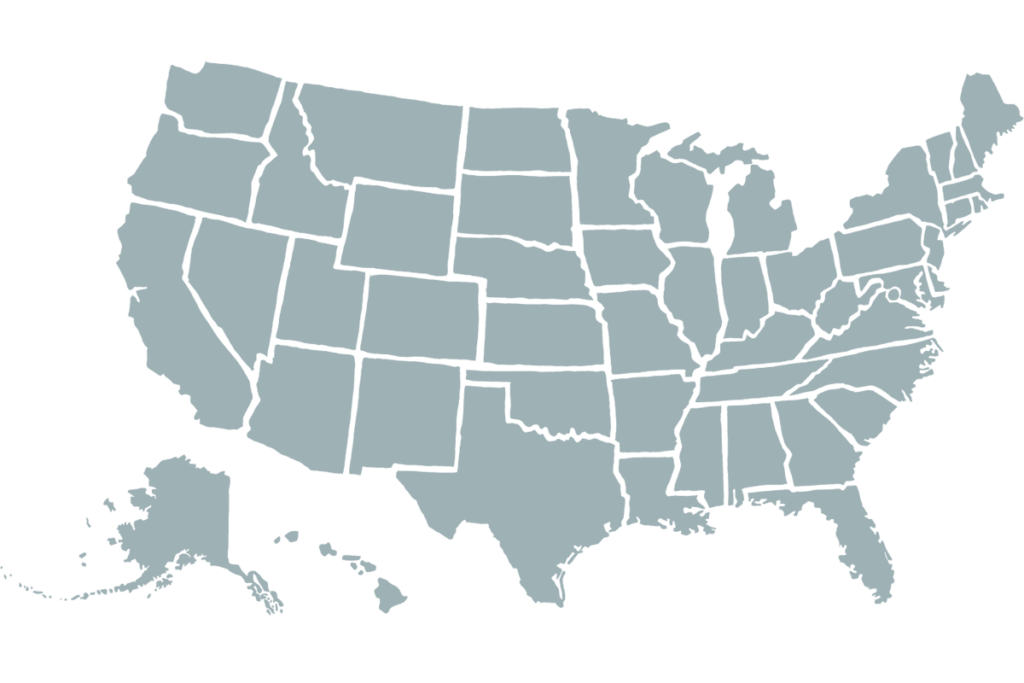
Unfortunately, some states’ teacher certification requirements limit acceptable credentials to regionally accredited schools. According to the USDOE, regional accreditation is outdated. The term “regional” does not accurately describe the present-day system of quality accreditation agencies. States that continue to evaluate teachers’ credentials through this outdated system create unnecessary barriers by limiting teachers’ choices for professional development. But knowing the rules helps in finding a way to “break” into the abundance of quality educational opportunities available across the United States.
AOEU is institutionally accredited by an approved USDOE accreditor that serves distance learners by working with primarily distance education institutions across the United States and abroad. If your state doesn’t recognize AOEU’s accreditation, we can help you find a way to change that!
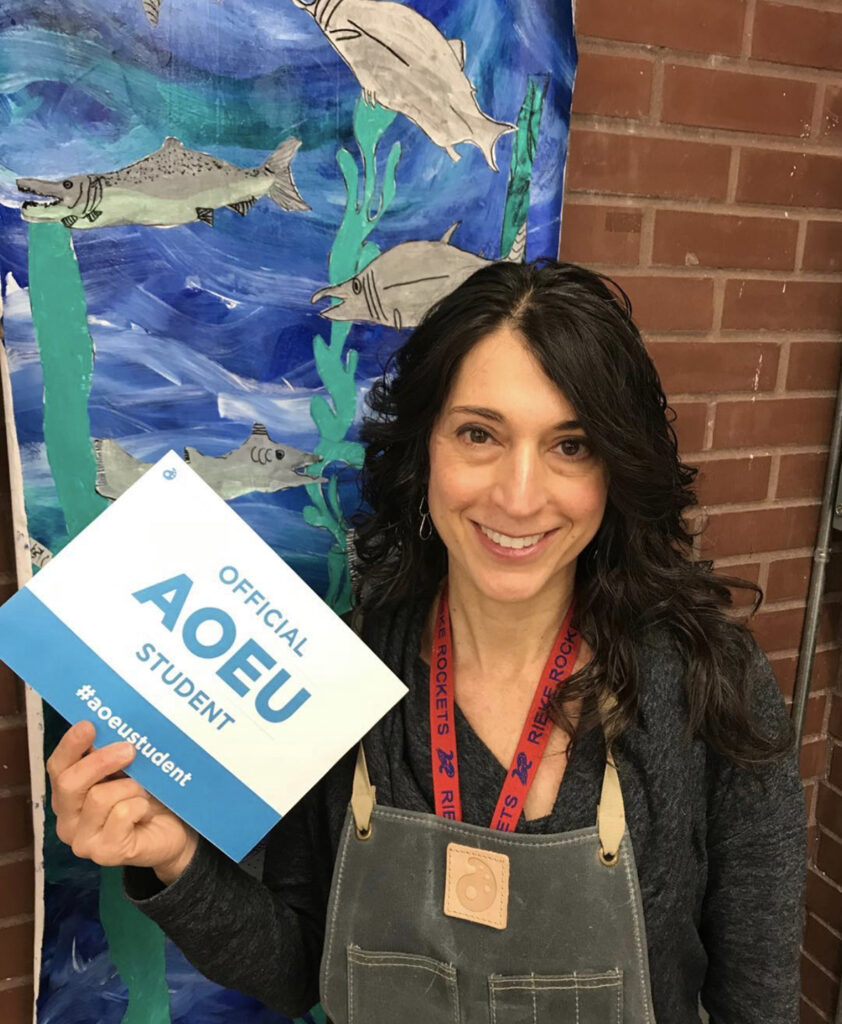
Advocate for Change
If your district or state only accepts regionally accredited credentials, we encourage you to advocate for change. In the case of accreditation, so much effort and progress have already been made!
Advocacy can seem intimidating. It takes time and energy, and often, we just don’t know where to begin. The good news is that change almost always begins with one voice, and AOEU is here to help guide you along the way. Below are examples of advocacy that can help you frame your story, along with some resources to help you get started.
Advocacy From the U.S. Government
In 2020, the U.S. Department of Education issued a memo to state leaders that said, “distinctions between regional and national accrediting agencies are unfounded,” and that they “removed geography from an accrediting agency’s scope. Instead of distinguishing between regional and national accrediting agencies, the [USDOE] will distinguish only between institutional and programmatic accrediting agencies.” Finally, the USDOE encouraged states to make the same change.
Download Now!
Share this letter with leaders in education in your state. Remind them that the regional accreditation rule not only ignores the USDOE recommendation but also limits your freedom. You are unable to choose a quality professional development program that you believe would ultimately provide the most benefit to your students and community.
Amber’s Story: It Works!
Amber Kane is the Director of K–12 Curriculum at AOEU, and she teaches AP Art and Art History online. When she taught in the public school system, she chose to pursue an online master’s degree to take advantage of the convenience of studying online. Her first attempt at getting the program approved by her district was denied. What did she do next?
I didn’t give up. I scheduled a meeting with the superintendent and pleaded my case. It was approved, and I was the first teacher to be approved to earn an online degree. Now, every teacher in that district has the option to further their education online.
A movement starts with one voice, and you can be the first!

Download and use this template to craft a custom advocacy letter. Simply add a paragraph to introduce yourself along with your mailing address and signature. Then, send it to your state and local district administrators.
Download Now!
If Amber’s story has inspired you to “break” a rule so you can grow professionally, get started with these resources:
- Talk to an AOEU Admissions Counselor about your questions.
- Use our state map to identify district or state leaders responsible for certification requirements.
- Download the USDOE letter and include it with your outreach.
- Use our advocacy letter template to guide the development of your argument.
- Contact us at compliance@theartofeducation.edu for feedback on your efforts.
No matter your professional goals, AOEU is here to help you achieve them. The path you began down may not continue in the direction you planned. But, as Marcus Aurelius wrote, “What stands in the way becomes the way.” What better example is there for a teacher to set than to be an advocate for change and persevere in making a difference?
Know the rules. Then, break them like an artist!
What questions do you still have about compliance and accreditation?
What are your professional goals?
Magazine articles and podcasts are opinions of professional education contributors and do not necessarily represent the position of the Art of Education University (AOEU) or its academic offerings. Contributors use terms in the way they are most often talked about in the scope of their educational experiences.


